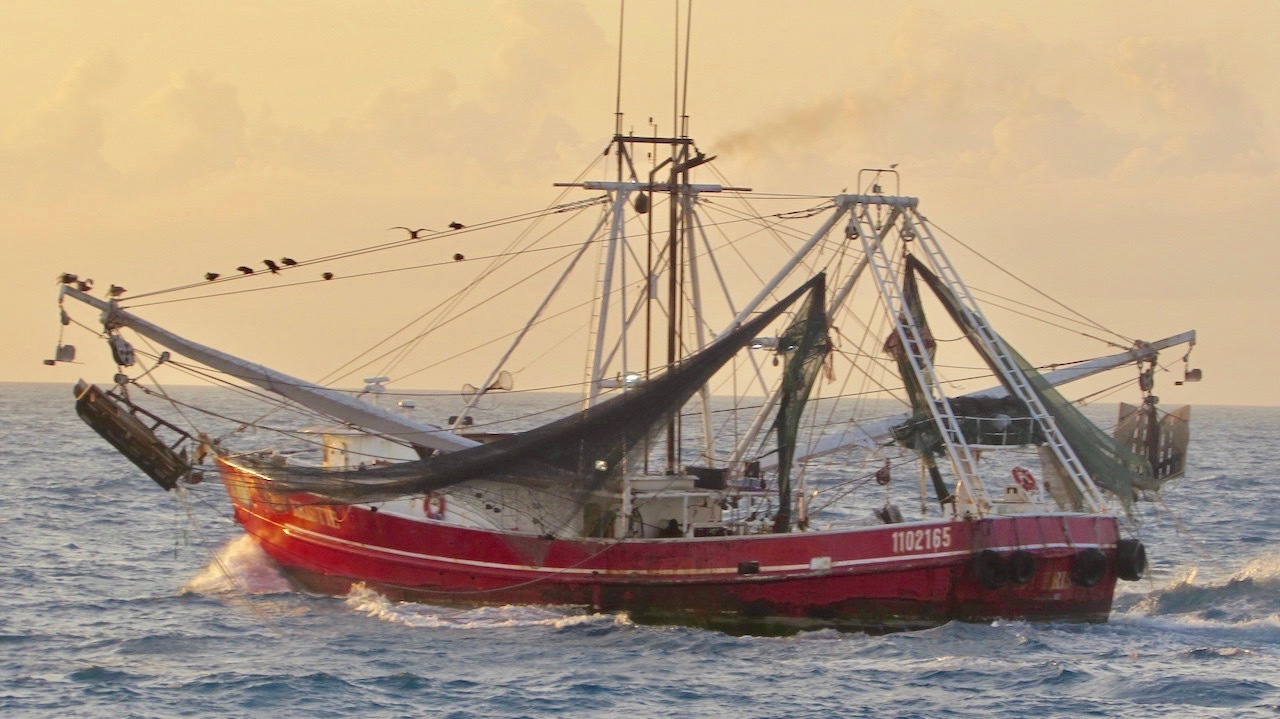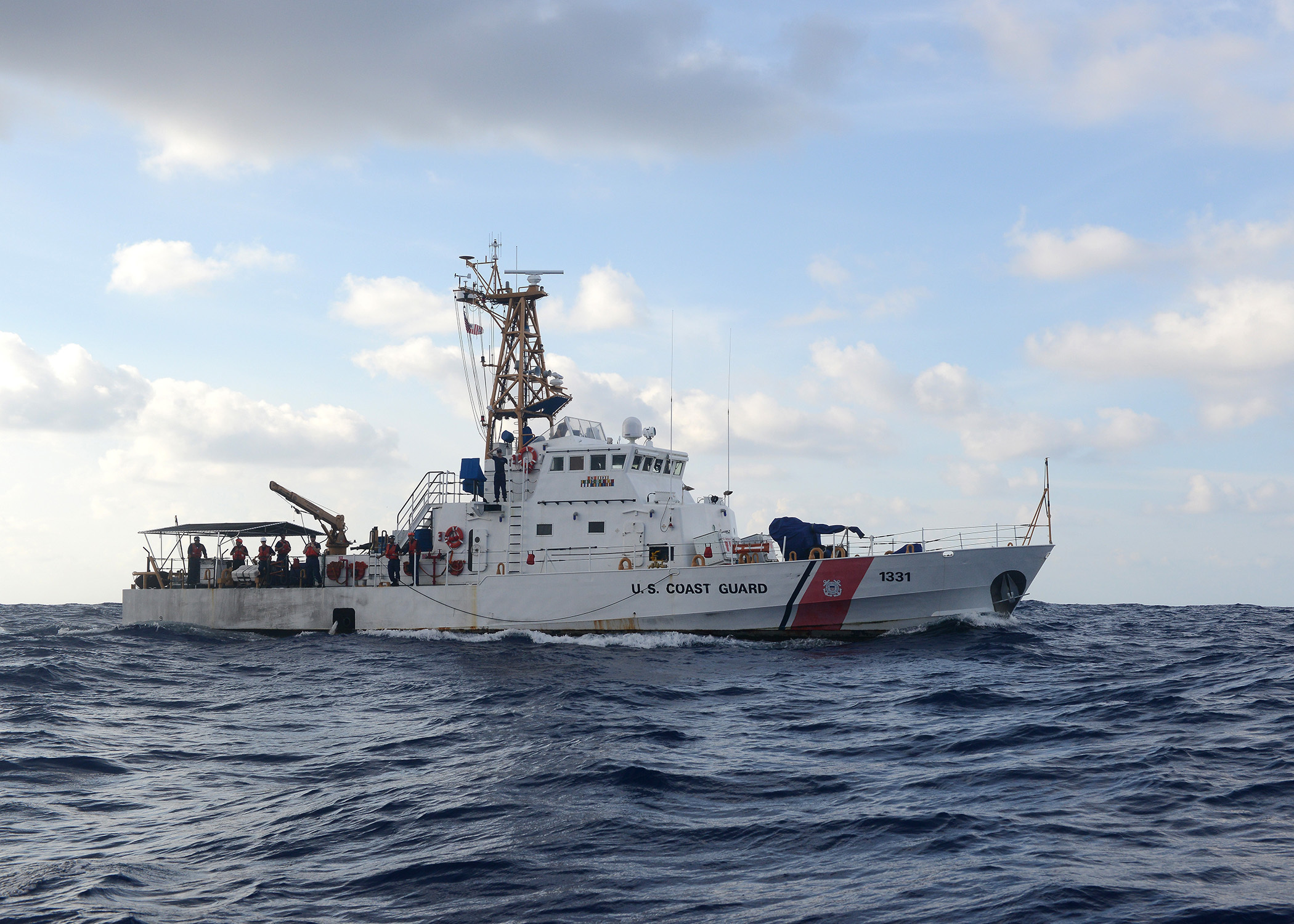
The nations in Southeastern Asia facing an existential threat from illegal fishing are the ones least able to protect themselves from it, the senior Coast Guard officer in charge of operations said on Tuesday.
“Fishing has become an instrument of national power,” Vice Adm. Daniel Abel said at the Center for Strategic and International Studies. China is by far the nation with the largest long-distance fishing fleet. Taiwan ranks second.
“We’re catching too much,” and 20 percent of fishing hauls is illegally caught, he said. Nations like those in Oceania need help in enforcing their own laws and international regulations and agreements covering fisheries.
China is one of the nations working with the United States and five others in the North Pacific Guard Agencies Forum program to enforce fishery laws and stop narcotics trafficking, as well as enhancing maritime security and safety in that region, Abel said.
Noting that the Chinese Coast Guard is the size of the U.S. Coast Guard, “we expect them to step forward and enforce regulations,” Abel said.
The U.S. Coast Guard’s role in protecting fish stocks is a mixture of law enforcement, regulation and, when necessary, military capabilities being brought to bear in a situation. Most often, the Coast Guard is “wielding lawfare” to ensure nations, fishing fleets and individual vessels are playing by the rules in harvesting the oceans.
“Rules are no good if they are not enforced,” Abel said, repeating a refrain used by earlier speakers at the forum. Abel noted later that one change in the Coast Guard’s mission since it falls under the Department of Homeland Security has been to have a “global presence.”
Yet he noted that in only three of the 16 management agreements the United States has with other nations does the Coast Guard have boarding powers.
“You can’t just make an arrest,” like stopping a vessel suspected of moving illegal narcotics, if there is not a boarding agreement. “You have to work through the state” which provided the flag the vessel is operating under. At a port in that nation, the question of legality is decided, and the vessel’s owner can lose the right to fly that flag – such as Panama or the Marshall Islands, two nations most commonly used for registry.

When asked about a practice of changing registry to a new country if a ship lost its legal case and was stripped of its first flag, Abel said that “countries are starting to band together” to curb that practice. In a way it becomes, “if I say no, you should say no” to granting a flag. He added that another encouraging sign comes in agreements covering landings in ports of a different country. In effect, nations are saying, “don’t bring your fish [here] if you can’t follow the rules” in catching them.
In addition to using its own cutters to enforce laws and monitor regulations, the U.S. Coast Guard’s law enforcement detachments (LEDETs) are embarked on U.S. Navy and allies’ warships.
Abel said the Coast Guard is aided in its fisheries enforcement mission by satellite data it couples with oceanographic data from National Oceanic and Atmospheric Administration and other agencies to pinpoint prime areas where vessels are working.





